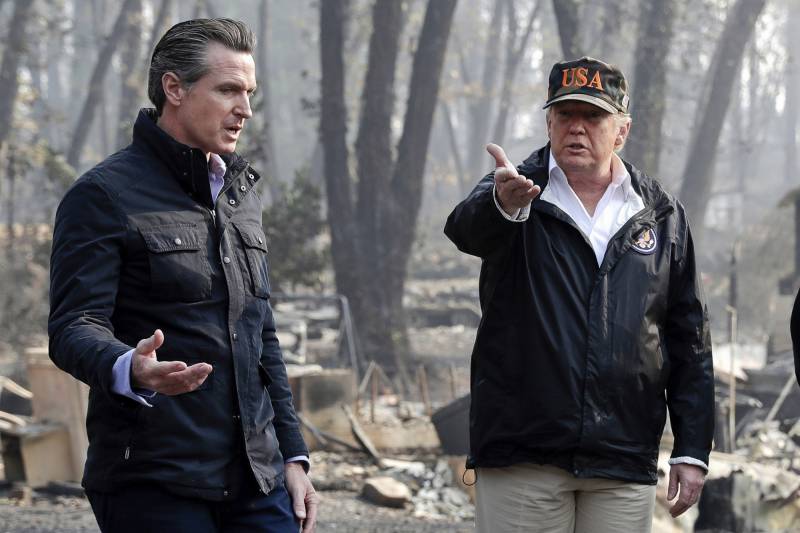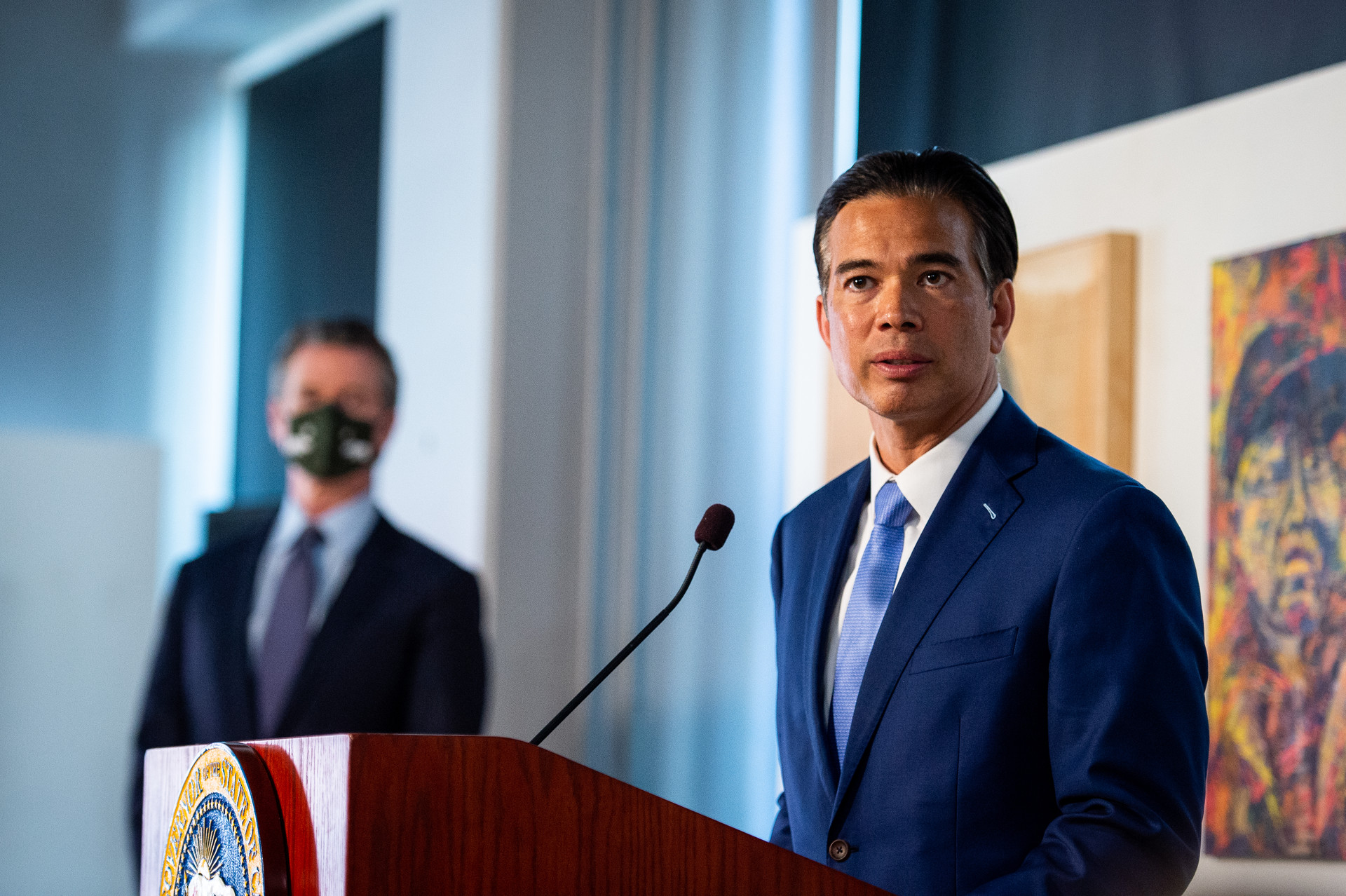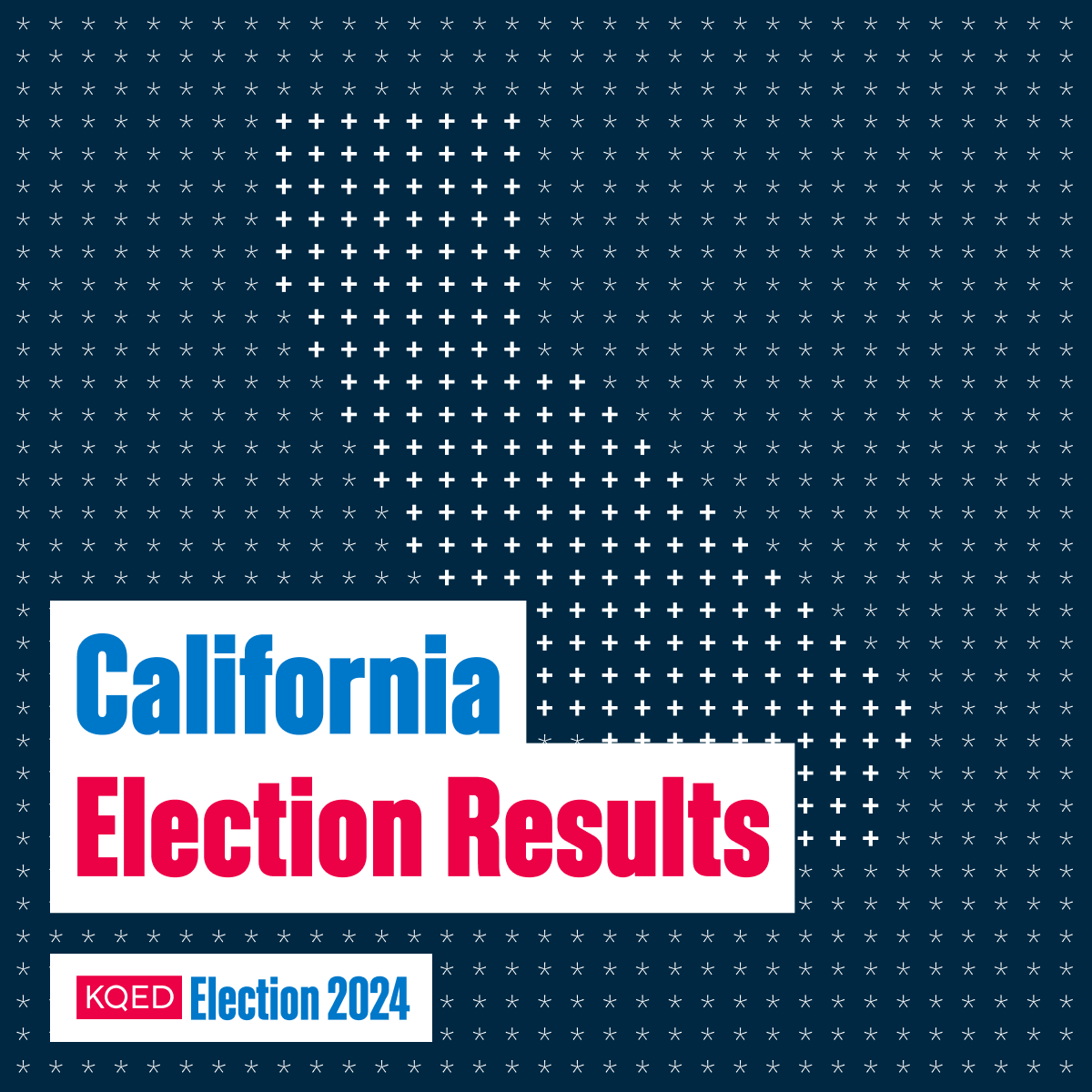Typically, lawmakers gather at the Capitol in early December for swearing-in and ceremonial tasks before reconvening in January to begin their work in earnest.
Assemblymember Jesse Gabriel (D-Encino) said the governor’s early action was needed to put the state “in a position, so that if we need to, we can act quickly to file affirmative litigation…to protect fundamental rights and California values.”
But he said it was unclear if any votes or debate on bills would actually occur before the new year.
“My understanding and my sense is that the goal here is to pass legislation prior to the new administration being sworn in,” he added.
During the special session, the Legislature may only debate bills related to the topic outlined in the governor’s proclamation, though they are not required to approve any legislation.
While Democrats are virtually guaranteed to hold a two-thirds supermajority in both houses, the margins of Democratic control are still up in the air. In the Senate, Orange County incumbent Josh Newman trails his Republican challenger. And in the Assembly, three seats in the Inland Empire — two of which are held by Democrats — remain too close to call.
Republicans blasted Newsom’s move as premature political grandstanding.
“This is all headline-grabbing,” said state Sen. Brian Jones (R-San Diego). “Whatever he wants to do in a so-called special session, he can do in the regular session.”
The special session would be the third called by Newsom. The previous two directed the Legislature to work on bills related to gas prices — including a session that concluded last month with the passing of a bill to regulate inventory at oil refineries.



